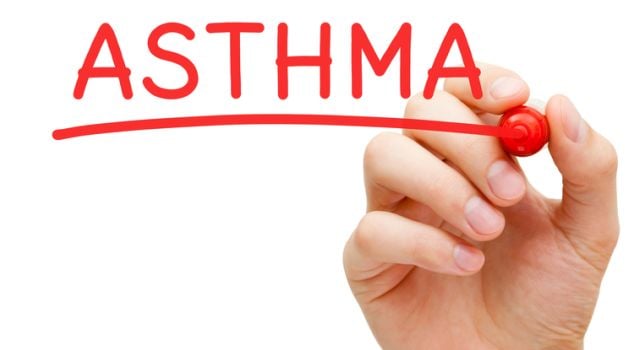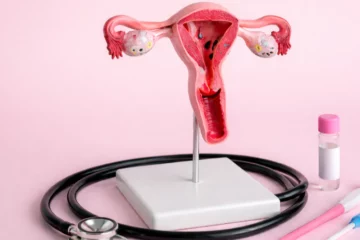
Simply put, asthma is a condition wherein a person’s airway is inflamed, narrowed to an extent that it restricts him/her from breathing normally. The airway gets swollen and also produces extra mucus. The American Academy of Allergy Asthma and Immunology estimates nearly 300 million people suffering from asthma across the world. Close to 250,000 die of the disease. People with asthma may experience shortness of breath, tightness in the chest, wheezing and coughing. In some cases, an asthmatic attack is directly related to any form of physical activity which is also known as exercise induced bronchoconstriction. Asthma is also genetically predisposed, people with a family history of asthma are more susceptible to developing it.
Experts at the University of Queensland, Australia have welcome news for those suffering from asthma and other potentially lethal food allergies. According to the team, a latest therapy can help battle asthma and food allergies better.
A new gene therapy may help desensitize the immune response toward food allergies and asthma and may help turn off a DNA switch responsible for such triggers. During an allergic or asthmatic episode, body’s immune cells start reacting to protein in the allergen. “The challenge in asthma and allergies is that these immune cells, known as T-cells, develop a form of immune ‘memory’ and become very resistant to treatments. We have now been able ‘wipe’ the memory of these T-cells in animals with gene therapy, de-sensitising the immune system so that it tolerates the protein,” Ray Steptoe, associate professor at the University of Queensland in Australia was quoted by IANS.

Experts shared that a single injected gene therapy is a safer and simpler way to provide relief to people suffering from asthma as well as those who have severe allergies to peanuts, bee venom, shell fish and other substances. The therapy aims at de-sensitising the immune system to tolerate the protein. The team took blood stem cells and inserted a gene which regulated the allergen protein and put that into the recipients.
“Those engineered cells produced new blood cells that express the protein and target specific immune cells, ‘turning off’ the allergic response,” Steptoe noted.
[“source-food.ndtv”]



